Travel offers not only an opportunity for adventure but also serves as a gateway to understanding different cultures, especially their unique approaches to relaxation and leisure. Across various societies, the methods by which individuals prioritize rest and rejuvenation reveal a complex interplay between cultural values, societal norms, and psychological well-being. The significance of relaxation as a fundamental aspect of life cannot be overstated, as it directly influences mental health, productivity, and overall happiness.
- Japan: The Onsen Culture and Its Importance
- Italy: Embracing the Afternoon Siesta
- Scandinavian 'Hygge': The Art of Cozy Living
- Bali: The Mindfulness of Leisure
- Mexico: The Vibrant Fiesta and Community Celebration
- The United States: The Pursuit of Leisure and Adventure
- The Science Behind Cultural Practices of Relaxation
- Integrating Global Practices of Leisure into Personal Life
Cultural practices related to leisure often reflect the historical and social contexts of a society. For example, in Western cultures, there tends to be a strong emphasis on efficiency and productivity. This can lead to vacations being viewed more as a break from work rather than a time for true relaxation. In contrast, many Eastern cultures, such as those in Japan, integrate relaxation into daily life through practices like tea ceremonies and mindfulness, reflecting values of harmony and balance.
The psychology of travel further underscores the necessity of understanding these diverse approaches to leisure. Different cultures possess unique rituals and customs surrounding rest, which can significantly impact psychological health. For instance, communal gatherings to celebrate leisure time foster social connections, thereby enhancing well-being. Moreover, the practice of taking breaks is not just a personal choice but is often emphasized and celebrated within the cultural framework.
By examining how different cultures embrace relaxation and leisure, we can gain insights into the underlying psychological motivations and implications of these practices. Understanding these varied approaches not only enriches our travel experiences but also contributes to a greater appreciation for the ways in which diverse societies navigate the universal need for relaxation and rejuvenation.
Japan: The Onsen Culture and Its Importance
Japan’s onsen culture, which revolves around the use of natural hot springs, is deeply embedded in the country’s history and everyday life. These thermal baths not only offer a unique opportunity for relaxation but also reflect a cultural ethos wherein leisure and rejuvenation are considered vital components of well-being. Historically, onsen resorts have served as popular destinations for social gatherings, illustrating how different cultures incorporate relaxation into their routines.
The psychological benefits of visiting an onsen are manifold. Firstly, the warm mineral-rich waters are renowned for their therapeutic properties, which may aid in the alleviation of physical ailments, such as muscle soreness or joint pain. Beyond the physical benefits, immersing oneself in these tranquil waters allows individuals to disconnect from daily stresses and embrace a state of mindfulness. This meditative aspect fosters mental clarity and relief from anxiety, making travel to an onsen a restorative experience.
Moreover, onsen visits are often communal activities, where visitors share the experience with family, friends, or even strangers. This communal aspect serves as a vital social outlet, reinforcing bonds and promoting a collective sense of relaxation. For many, this connection with others enhances the psychological benefits of travel, as shared experiences in leisure activities can strengthen social ties and improve overall mental health. Observing how different cultures engage in such communal relaxation methods can provide valuable insights into the diverse approaches to leisure and its implications on psychological well-being.
In conclusion, Japan’s onsen culture uniquely exemplifies how traditions of relaxation and leisure have shaped social interactions and mental health. By understanding this aspect of Japanese culture, one can appreciate the broader implications of travel and its capacity to enrich our lives through psychological and social benefits derived from leisure activities.
Italy: Embracing the Afternoon Siesta
In Italy, the afternoon siesta, or ‘riposo,’ serves as a distinctive aspect of the cultural approach to relaxation and leisure. This tradition reflects a deep-seated appreciation for rest, highlighting how different cultures prioritize time for rejuvenation amidst the bustle of daily obligations. The riposo typically occurs from noon until 3 p.m., when many businesses close, allowing individuals to retreat from the heat of the day and indulge in a brief period of rest. This practice plays a crucial role in maintaining a harmonious work-life balance, where relaxation is seen not merely as an indulgence but as an essential component of productivity.
The psychology of napping reveals several cognitive and health benefits, including improved mood, enhanced creativity, and increased alertness. Italian society recognizes these advantages, viewing the afternoon siesta as an integral element of a well-rounded lifestyle. This contrasts sharply with the prevalent productivity-centric culture observed in various other parts of the world, where the concept of leisure often faces skepticism or stigma. In Italy, the cultural norm encourages individuals to step back and embrace relaxation, reflecting a societal understanding that true productivity thrives on periods of restorative rest.
Furthermore, the siesta signifies an opportunity to connect with family and friends, reinforcing social bonds within communities. While the Western narrative often equates success with relentless work, Italy’s approach fosters a collective recognition of the value of leisure. The riposo not only allows for personal reflection and relaxation but also contributes to a communal atmosphere where individuals can rejuvenate together. As globalization continues to blur cultural lines, Italy’s tradition encourages a deeper understanding of how different cultures value relaxation, inviting others to reconsider their own perspectives on work, rest, and the psychology behind leisure.
Scandinavian ‘Hygge’: The Art of Cozy Living
The Scandinavian concept of ‘hygge’ embodies a philosophy of comfort, warmth, and simple pleasures, rooted deeply in the culture of countries such as Denmark and Norway. In a world where travel and exploration often emphasize adventure, hygge invites individuals to slow down, appreciate their surroundings, and create a refuge of comfort at home or while traveling. This notion of coziness plays a significant role in how people attain relaxation and leisure, particularly through mindful practices that emphasize the importance of being present.
Hygge serves as more than just a lifestyle choice; it reflects a psychological understanding of what brings joy and contentment. Engaging in activities that foster comfort—such as enjoying a warm drink by the fireplace, reading a good book, or sharing a meal with loved ones—can greatly enhance one’s mental health. This focus on creating a warm atmosphere is central to the Scandinavian approach to leisure, suggesting that the key to relaxation lies not merely in the absence of stress, but in the active pursuit of warm, inviting environments that nurture the spirit.
Furthermore, hygge emphasizes the significance of social connections in achieving a state of well-being. Whether traveling to different cultures or staying close to home, cultivating relationships through shared experiences fosters a sense of belonging and security. This communal aspect of hygge highlights the psychological benefits of leisure activities that prioritize togetherness and genuine connections over material pursuits. By integrating these principles into our lives, we can enhance our overall sense of tranquility and joy, regardless of the geographical backdrop.
Ultimately, the art of hygge teaches us that relaxation and leisure are not only about physical environments but also involve a mindful attention to our emotional needs and connections with others. Through an appreciation of simplicity and coziness, individuals can learn to nurture their mental well-being in an increasingly fast-paced world.
Bali: The Mindfulness of Leisure
Bali, often referred to as the Island of the Gods, is an exceptional example of how different cultures approach relaxation and leisure through the lens of mindfulness and spirituality. The people of Bali have ingrained practices that promote a profound sense of connection not only with themselves but also with the environment around them. This integration of mindfulness into daily activities cultivates a unique atmosphere where leisure is elevated beyond mere recreation to a holistic experience designed to enhance mental and emotional well-being.
Central to Bali’s approach to leisure is the practice of yoga, which is widely adopted by both locals and visitors. Yoga serves as a means of achieving physical fitness while simultaneously fostering a sense of inner tranquility. Traditional Balinese yoga often incorporates spiritual elements, linking physical movement with breath and meditation. This practice encourages individuals to be fully present in the moment, thus enhancing their overall experience of relaxation. Furthermore, many yoga retreats in Bali offer immersive programs that combine physical postures, meditation, and reflective practices, allowing participants to explore various dimensions of their psyche while engaging in leisure activities.
In addition to yoga, traditional meditation practices in Bali serve as essential components of the local culture. Meditation techniques taught by local practitioners encourage individuals to connect with their thoughts and emotions, culminating in a state of deep relaxation and clarity. Retreats and workshops focusing on meditation attract an international audience, illustrating a profound interest in how the Balinese approach relaxation. This emphasizes that leisure does not solely revolve around physical activity; rather, it involves an intentional journey inward, aligning personal values with the serene surroundings. The synthesis of these practices reveals a spiritual dimension to leisure that is uniquely Balinese, providing individuals with tools to foster mindfulness in their daily lives.
Mexico: The Vibrant Fiesta and Community Celebration
Mexican culture is renowned for its vibrant festivals and community gatherings, which serve as essential avenues for relaxation and leisure. The psychological benefits derived from these events are profound, fostering a sense of belonging and community bonding. Celebrations such as Día de los Muertos, Carnaval, and local fiestas exemplify how social interaction is intricately woven into the fabric of Mexican society, providing a significant outlet for stress relief and communal harmony.
These gatherings are not merely festive occasions but embody a deep-rooted approach to leisure that promotes psychological well-being. Participating in lively activities filled with music, dance, and traditional food encourages individuals to take a break from their daily routines and immerse themselves in shared experiences. This connection to one’s roots and community transforms these events into opportunities for relaxation, allowing people to escape the pressures of everyday life.
The vibrancy and energy that characterize Mexican celebrations create an environment where individuals can express themselves freely. Music and dance play crucial roles in these festivities, acting as mediums through which emotions can be shared and released. The act of coming together with family, friends, and neighbors not only strengthens social bonds but also enhances feelings of happiness and fulfillment, vital components of psychological health.
Moreover, these community celebrations reflect the cultural value placed on togetherness and collective joy. Through the lens of psychology, they allow participants to embrace a holistic approach to leisure—one that acknowledges the importance of social relationships in achieving relaxation. By celebrating life in unity, Mexicans find solace amidst the chaos of modern life, highlighting how different cultures uniquely approach relaxation and leisure as vital to mental well-being.
The United States: The Pursuit of Leisure and Adventure
In the United States, leisure is not merely a break from work; it embodies a cultural ethos that champions adventure and outdoor activities. The American approach to relaxation often manifests in the pursuit of experiences that provide an escape from the everyday grind. This pursuit is rooted deeply in psychological principles, particularly the need for escapism. Individuals seek adventure as a means to alleviate stress and reconnect with their sense of self. As research indicates, engaging in leisure activities that involve exploration and excitement can lead to significant psychological benefits, including improved mood and enhanced well-being.
The American vacation culture emphasizes this quest for happiness through travel, with many individuals planning trips specifically designed to bring joy and relaxation. Destinations are frequently chosen based on their ability to provide immersive experiences that draw individuals out of their routine. From hiking in the Rockies to beach lounging in Miami, the options for leisure travel encompass a variety of landscapes and interactions with different cultures. Each adventure offers a distinct form of relaxation that caters to the individual’s desire for both novelty and engagement.
The concept of ‘travel for happiness’ is also evident in the growing trend towards experiential travel, where individuals increasingly favor opportunities that allow them to learn, interact, and engage with the surroundings. This trend speaks to a broader understanding of relaxation, where it is characterized not only by moments of tranquility but also by vibrant experiences that enhance personal fulfillment. Ultimately, American culture reinforces the belief that the pursuit of leisure, adventure, and travel plays a crucial role in psychological health, providing essential relief from the pressures of modern life. As individuals continue to embrace their need for adventure, they reaffirm the significant emotional and psychological rewards of exploring the diverse landscapes and cultures within the United States and beyond.
The Science Behind Cultural Practices of Relaxation
Across the globe, different cultures exhibit diverse approaches to relaxation and leisure, reflecting their unique societal values and psychological frameworks. Psychological research indicates that these culturally specific practices of relaxation are deeply rooted in the historical, social, and environmental contexts of each region. For instance, meditation and mindfulness, prevalent in many Eastern cultures, are shown to decrease cortisol levels, thereby reducing stress and enhancing emotional well-being. Studies suggest that engaging in these practices fosters a state of relaxation that allows individuals to cultivate a deeper sense of connection with their inner selves and the world around them.
In contrast, Western approaches to relaxation often emphasize physical activity and social interaction as primary methods for achieving leisure. Activities such as jogging or social gatherings serve not only to alleviate stress but also to promote an overall sense of community and belonging, which are crucial psychological needs. Research has shown that these communal experiences can significantly improve happiness and well-being, highlighting the importance of context in shaping responses to leisure and relaxation.
Moreover, the biological effects of these practices are equally significant. Different cultural relaxation methods can influence physiological responses such as heart rate variability, muscle tension, and respiratory patterns. For instance, the practice of yoga, which blends physical postures with breath control, has been linked to improvements in both mental and physical health across various populations. This not only reflects the adaptability of human psychology but also underscores the common goal of achieving relaxation and leisure, even through differing routes.
Ultimately, understanding the psychological underpinnings of various relaxation practices enhances our appreciation of cultural diversity. By recognizing how different cultures approach leisure and relaxation, we can better understand the broader implications these practices have on stress levels and overall psychological well-being.
Integrating Global Practices of Leisure into Personal Life
In the realm of travel, one cannot ignore the rich tapestry of relaxation and leisure practices that are deeply rooted in different cultures. These practices not only serve as a means of unwinding but also reveal how communities prioritize well-being and personal time. As individuals seek to enhance their own relaxation routines, drawing inspiration from various cultural approaches can lead to a more fulfilling leisure experience.
One effective way to incorporate these diverse practices is through mindful meditation, a technique prevalent in many Eastern cultures. Meditation encourages individuals to disconnect from the daily grind, fostering a profound state of tranquility. Setting aside a few moments each day to practice mindfulness can significantly alter one’s perspective on stress and relaxation. Consider integrating elements such as guided imagery or nature sounds, which are often utilized in different cultural traditions, to further deepen this experience.
Culinary practices can also play a significant role in how we approach leisure. In countries like Italy or Japan, communal meals promote not only nourishment but also social connection. To emulate this, consider hosting regular family dinners or potluck gatherings with friends. This creates an opportunity to strengthen relationships while enjoying the simplicity of shared food, which is a valuable aspect of relaxation in many cultures.
Additionally, incorporating movement from practices like Tai Chi or yoga can help in harmonizing the body and mind. These forms of exercise, common in various cultures, emphasize slow and deliberate motion, promoting a sense of peace and improved physical health. Engaging in such activities regularly can enhance one’s overall sense of well-being and help achieve a state of relaxation akin to the leisurely lifestyles observed during travel to different cultures.
Ultimately, blending these diverse cultural influences into your personal life can aid in crafting a unique relaxation strategy that resonates with your lifestyle and personal needs. Through exploration and adaptation, individuals can create their own retreat experiences that reflect not only their preferences but also the valuable insights gained from global practices in leisure.


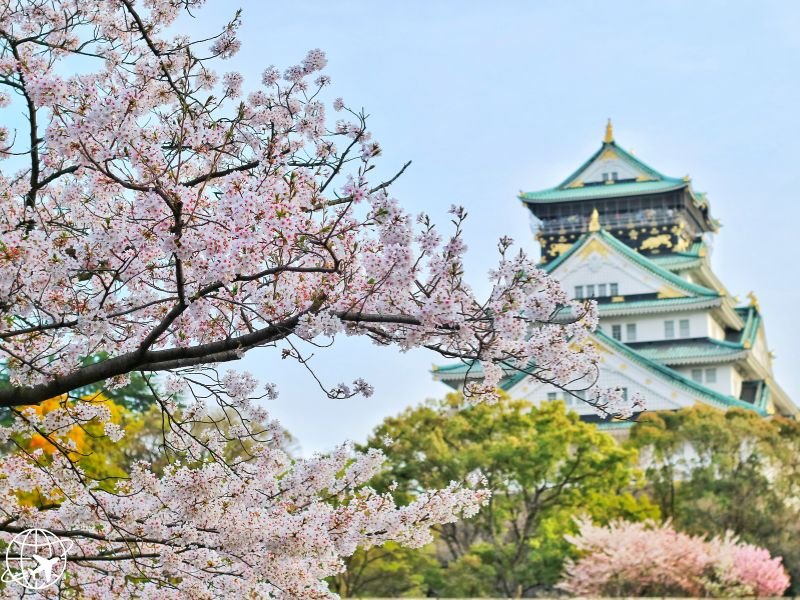
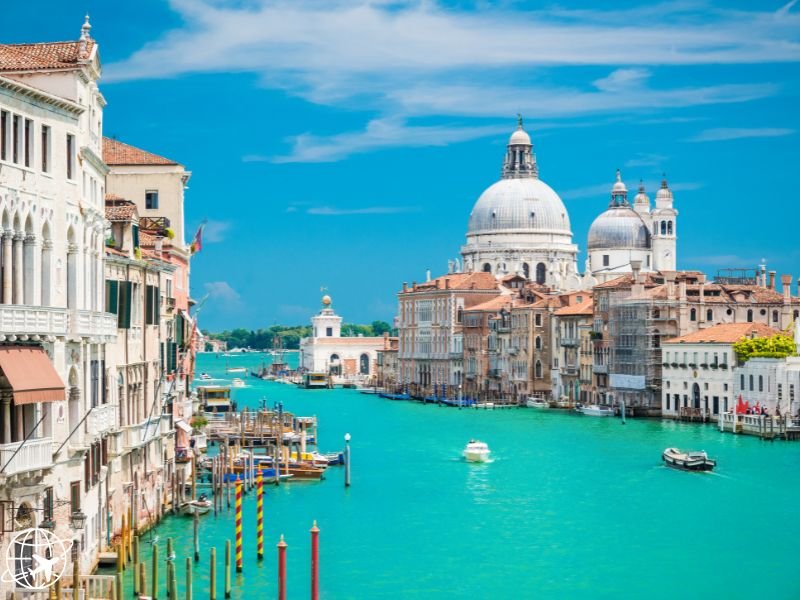
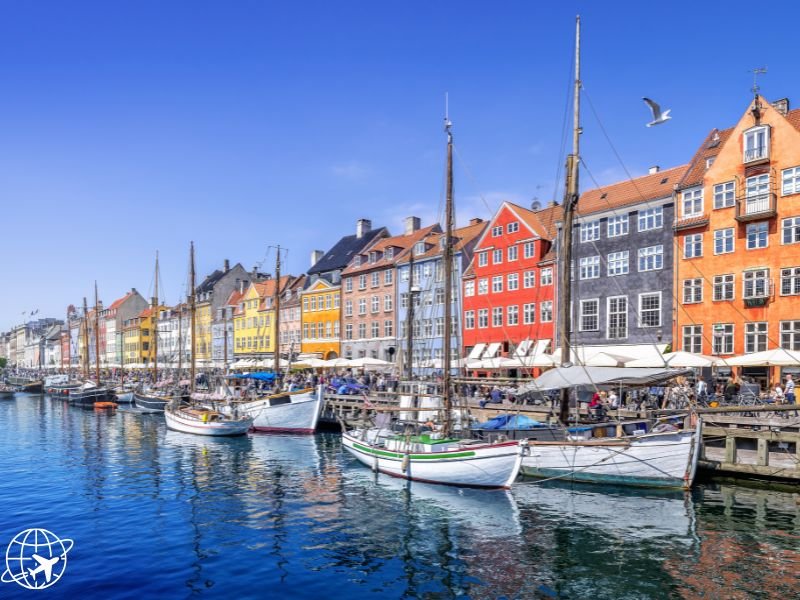
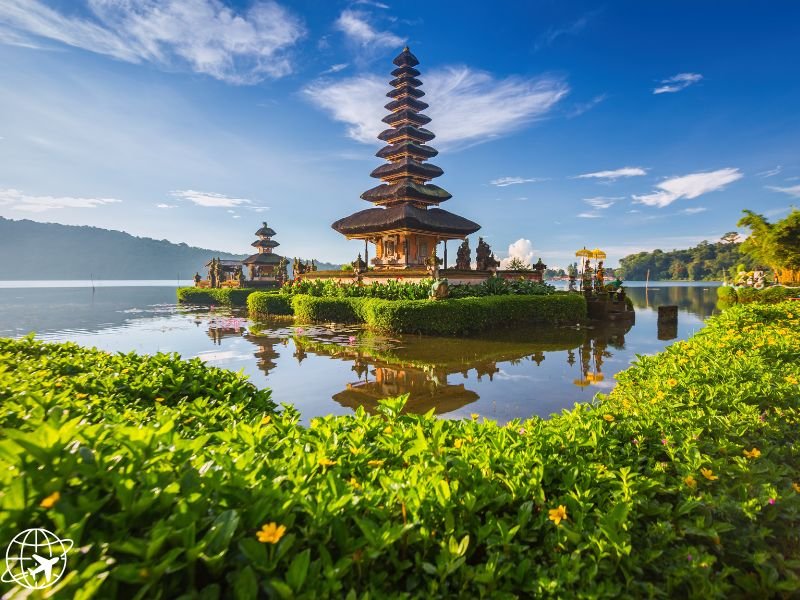
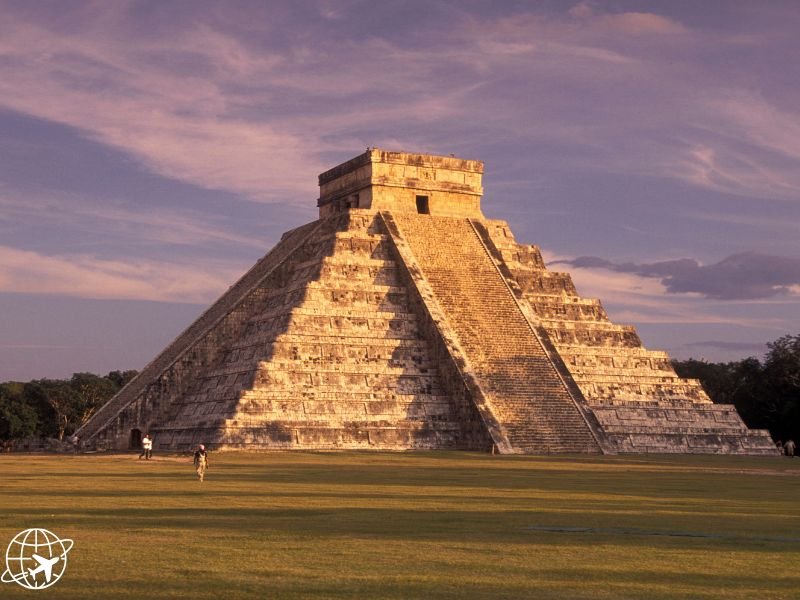

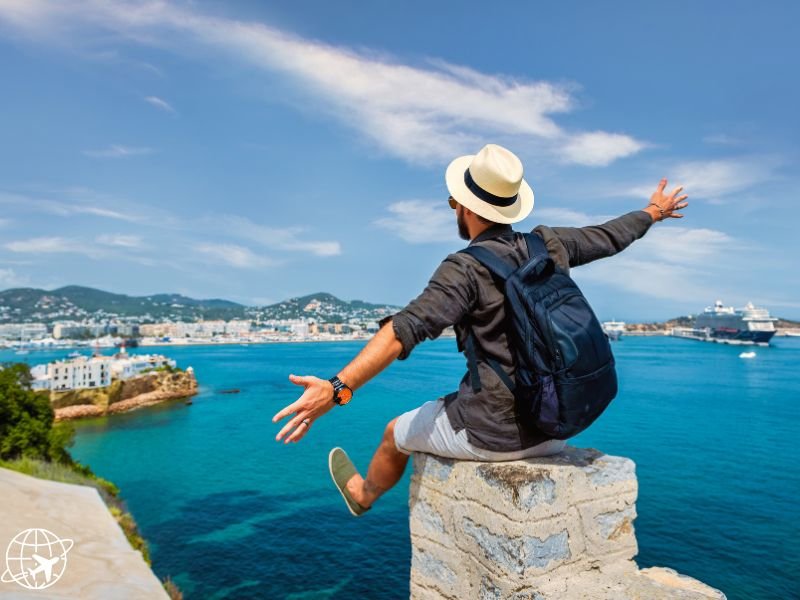
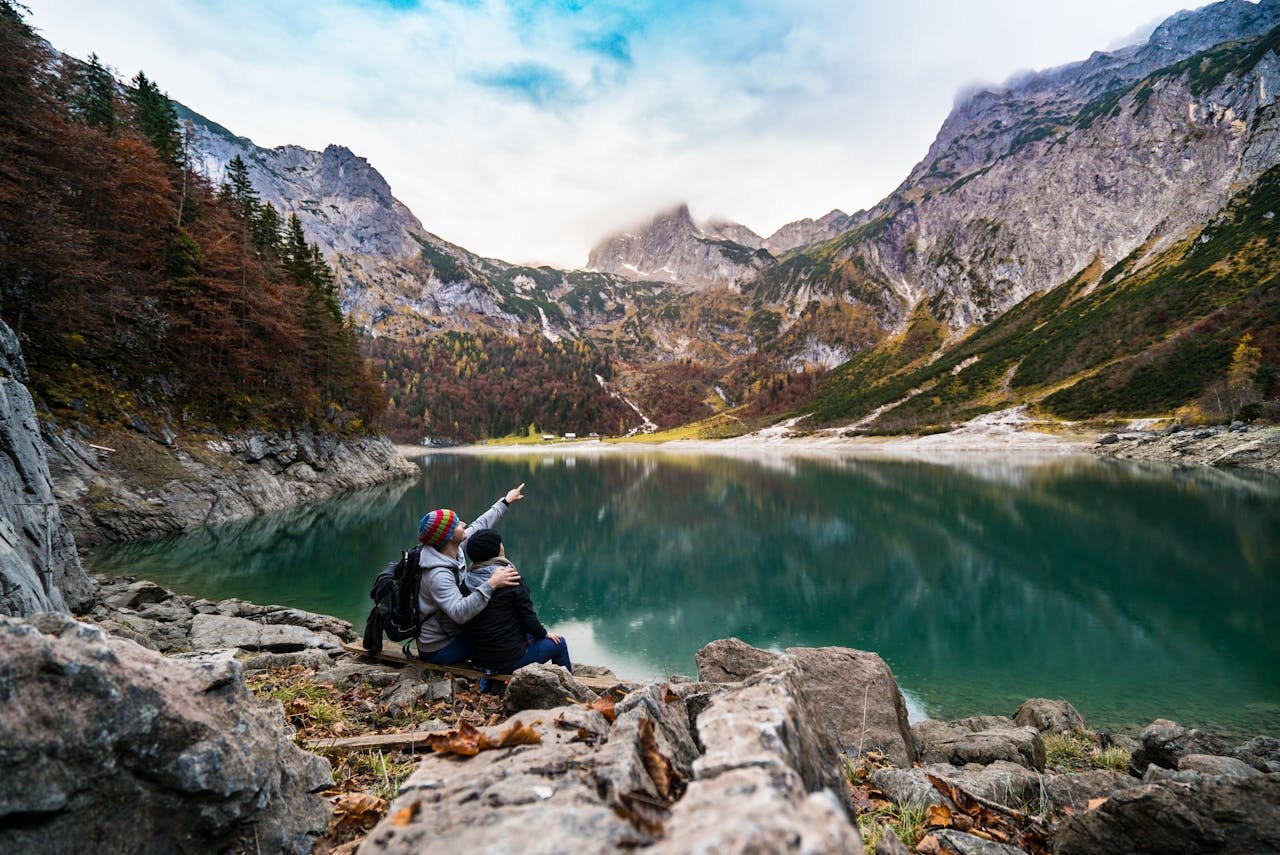
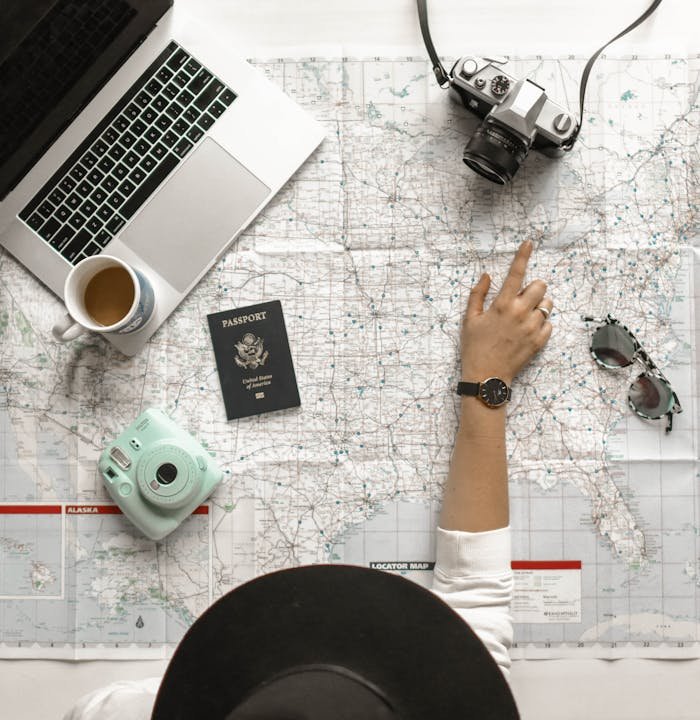
I really enjoy reading through on this website , it holds great articles.
I genuinely value your work, Great post.
Great write-up, I am regular visitor of one?¦s blog, maintain up the nice operate, and It’s going to be a regular visitor for a long time.
Hi there, You’ve performed a fantastic job. I will certainly digg it and for my part recommend to my friends. I am confident they will be benefited from this website.
You made several good points there. I did a search on the matter and found the majority of folks will go along with with your blog.
An interesting discussion is worth comment. I think that you should write more on this topic, it might not be a taboo subject but generally people are not enough to speak on such topics. To the next. Cheers
I really appreciate this post. I’ve been looking everywhere for this! Thank goodness I found it on Bing. You have made my day! Thank you again
I have been browsing on-line greater than 3 hours today, yet I by no means discovered any interesting article like yours. It’s lovely worth sufficient for me. In my opinion, if all website owners and bloggers made excellent content material as you did, the web will probably be a lot more helpful than ever before. “No one has the right to destroy another person’s belief by demanding empirical evidence.” by Ann Landers.
I like the efforts you have put in this, thanks for all the great blog posts.
I admire your piece of work, thanks for all the informative blog posts.
I like the efforts you have put in this, thanks for all the great articles.